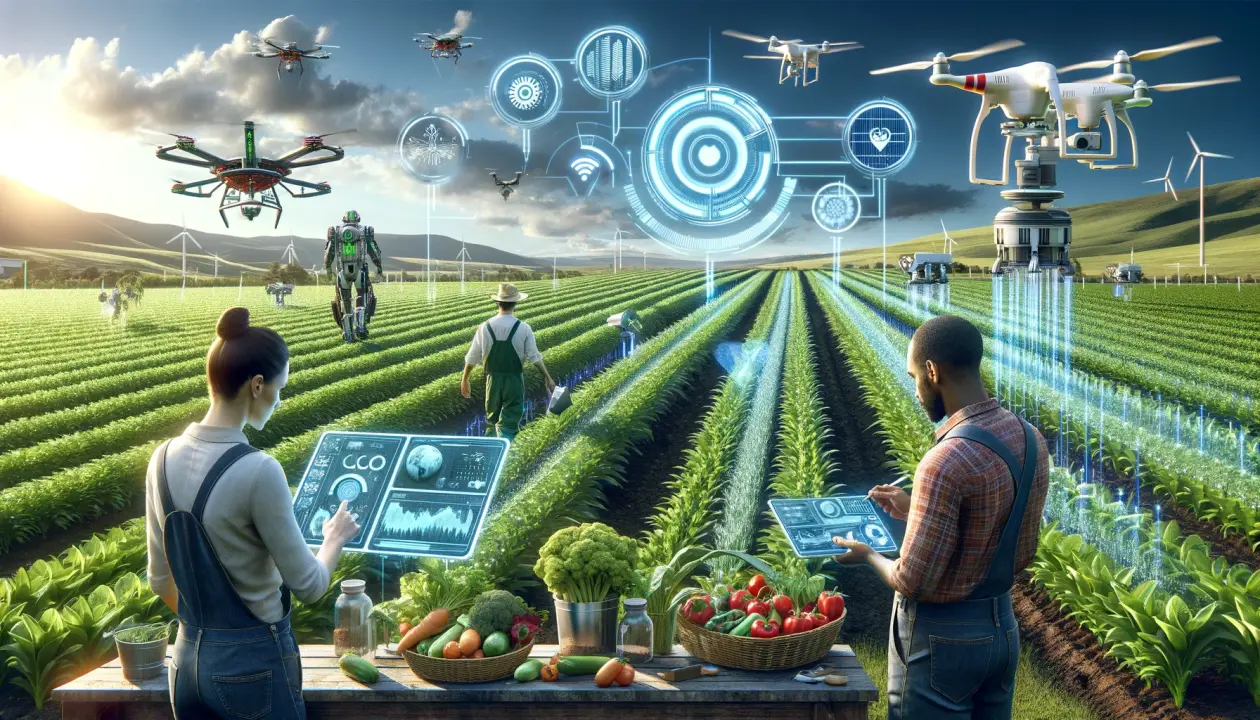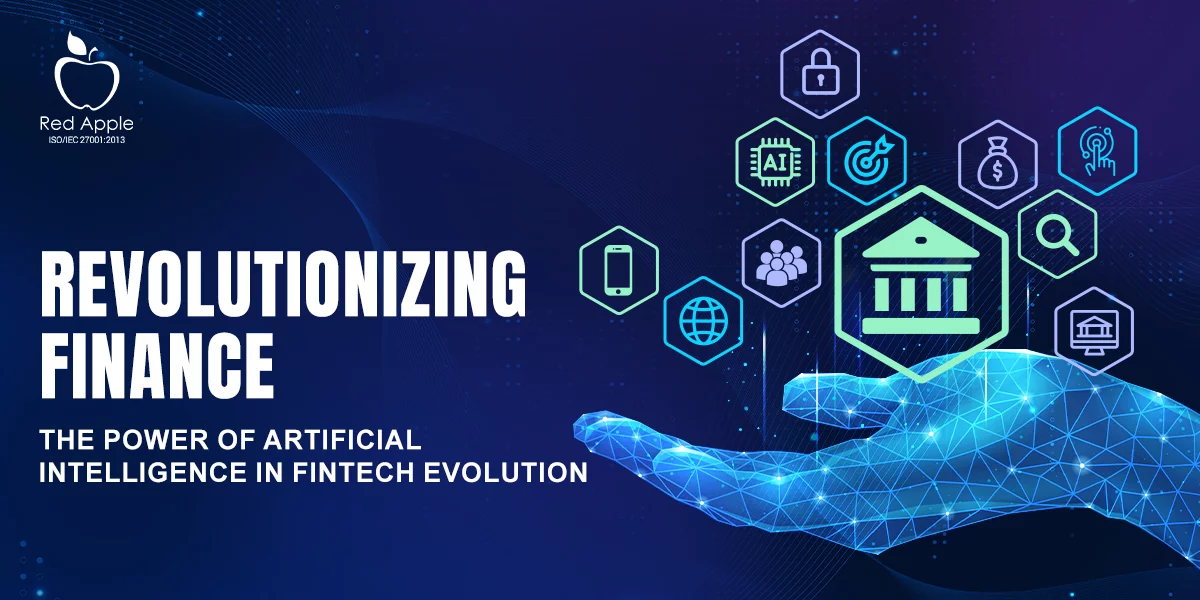In the rapidly evolving landscape of agriculture, the integration of Artificial Intelligence (AI) is revolutionizing traditional farming practices and paving the way for sustainable, efficient, and profitable solutions. Smart Agriculture, also known as precision agriculture, leverages AI to optimize crop yields, minimize resource usage, and enhance decision-making processes for farmers and agricultural enterprises. From predictive analytics to autonomous machinery, AI-driven innovations are transforming farming into a high-tech industry with immense potential for growth and profitability.
Contents
- 1 The Role of AI in Smart Agriculture
- 2 Profitable Applications of AI in Farming
- 2.1 Precision Farming and Crop Management:
- 2.2 Crop Monitoring and Disease Detection:
- 2.3 Autonomous Farming Machinery:
- 2.4 Market Forecasting and Pricing Strategies:
- 2.5 Building Profitable AI Solutions in Smart Agriculture
- 2.6 AI-Powered Farm Management Platforms:
- 2.7 AI-Based Pest and Disease Management Services:
- 2.8 Autonomous Agriculture Equipment Solutions:
- 2.9 AI-Enhanced Agricultural Advisory Services:
- 2.10 Challenges and Considerations
- 2.11 Conclusion
The Role of AI in Smart Agriculture
AI plays a pivotal role in Smart Agriculture by enabling farmers to collect, analyze, and act upon vast amounts of agricultural data with unprecedented accuracy and efficiency. Machine learning algorithms process data from sensors, drones, satellite imagery, and weather forecasts to provide actionable insights that improve crop management, soil health, pest control, and irrigation practices. This data-driven approach empowers farmers to make informed decisions in real-time, leading to higher productivity and reduced environmental impact.
Profitable Applications of AI in Farming
Precision Farming and Crop Management:
AI-powered systems analyze soil data, weather patterns, and historical crop performance to optimize planting schedules, fertilizer application, and irrigation strategies. This precision farming approach minimizes input costs while maximizing crop yields and quality.
Crop Monitoring and Disease Detection:
AI algorithms process drone and satellite imagery to monitor crop health, detect early signs of diseases, nutrient deficiencies, and pest infestations. Early intervention based on AI-driven insights helps prevent crop losses and ensures timely treatment, improving overall farm productivity.
Autonomous Farming Machinery:
AI-enabled autonomous tractors and harvesters use computer vision and GPS technology to perform tasks such as planting, spraying, and harvesting with precision and efficiency. This reduces labor costs, enhances operational efficiency, and optimizes farm machinery utilization.
Market Forecasting and Pricing Strategies:
AI-based predictive analytics analyze market trends, consumer behavior, and global supply chains to forecast commodity prices and inform strategic decisions on crop selection and sales timing. This enables farmers to capitalize on market opportunities and maximize profitability.
Building Profitable AI Solutions in Smart Agriculture
AI-Powered Farm Management Platforms:
Develop AI-driven platforms that integrate data analytics, IoT sensors, and AI algorithms to provide farmers with comprehensive farm management solutions. Subscription-based models can monetize access to advanced agronomic insights and decision support tools.
AI-Based Pest and Disease Management Services:
Offer AI-powered pest and disease management services that leverage satellite imagery and machine learning to monitor crop health and recommend targeted interventions. Consulting and subscription services can cater to farmers seeking proactive pest control solutions.
Autonomous Agriculture Equipment Solutions:
Develop and market AI-driven autonomous agriculture equipment, including planting robots, weed detection systems, and robotic harvesters. Licensing and leasing models can generate revenue from farmers adopting autonomous farming technologies.
AI-Enhanced Agricultural Advisory Services:
Provide AI-enhanced advisory services that deliver personalized recommendations on crop rotation, soil health management, and sustainable farming practices. These services can be monetized through subscription plans or consulting fees, catering to farmers looking to optimize yields and profitability.
Challenges and Considerations
While AI presents promising opportunities in Smart Agriculture, there are challenges such as data privacy, connectivity in rural areas, and the need for specialized AI skills among farmers. Addressing these challenges through education, infrastructure investment, and collaborative partnerships is essential to realizing the full potential of AI in agriculture.
Conclusion
AI-driven innovations in Smart Agriculture are reshaping the future of farming, offering farmers sustainable solutions to enhance productivity, reduce environmental impact, and optimize resource management. By leveraging AI for precision farming, autonomous machinery, market forecasting, and agronomic advisory services, agricultural enterprises can achieve significant improvements in efficiency and profitability. Embracing AI isn’t just a technological advancement; it’s a pathway to sustainable farming practices and economic viability in an increasingly digital agricultural ecosystem. As AI continues to evolve, its role in driving profitability and innovation in Smart Agriculture will undoubtedly strengthen, paving the way for a smarter, more resilient agricultural industry worldwide.



Pingback: AI in Education: Creating Profitable EdTech Solutions for Personalized Learning - Business Rising